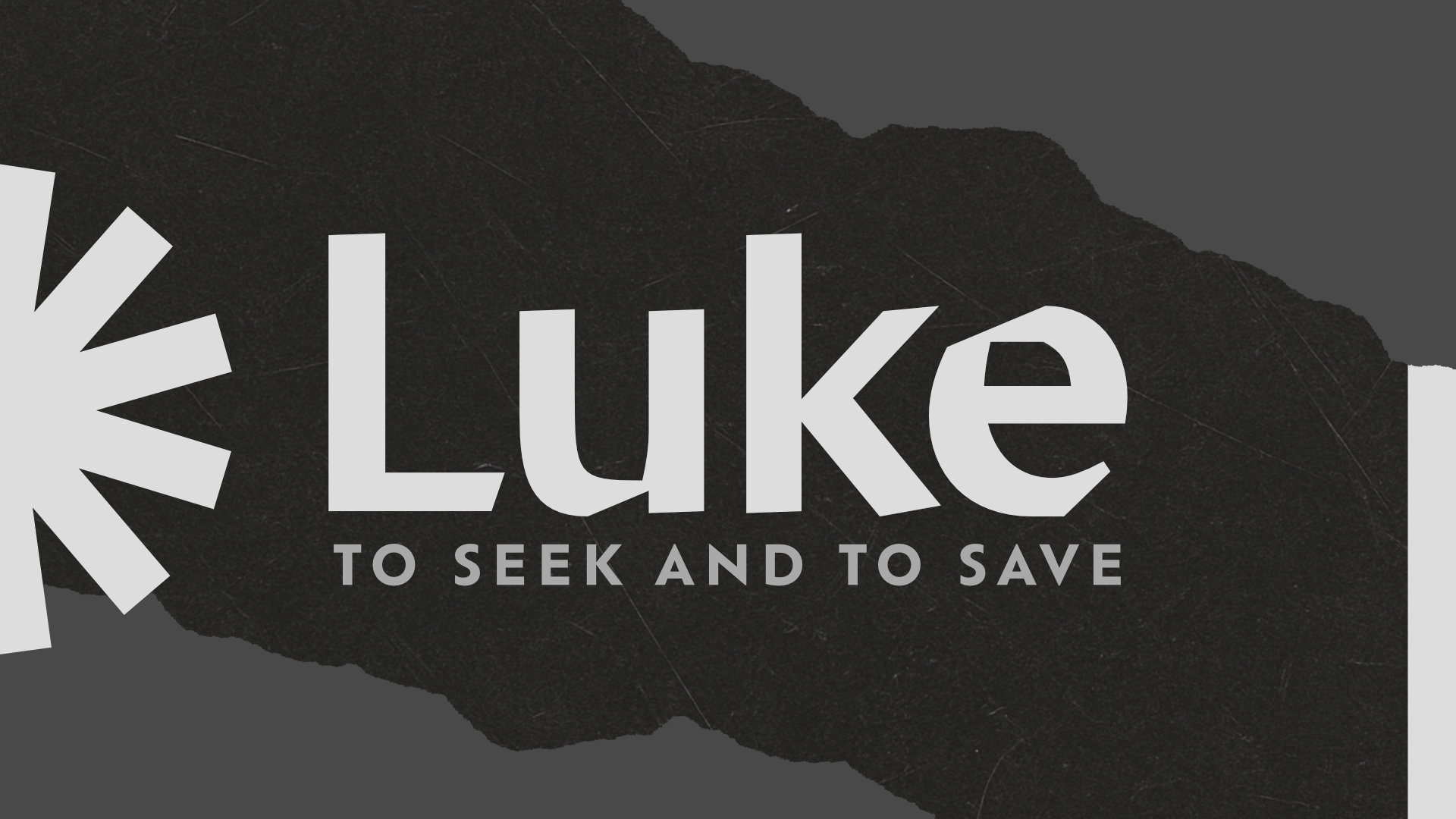Creation Through Christ: How the Beginning Points Us to Jesus and Our Eternal Rest
Creation Through Christ: How the Beginning Points Us to Jesus and Our Eternal Rest
Creation Through Christ
The Bible opens up with a very clear statement, “In the beginning, God created the heavens and the earth” (Genesis 1:1, ESV). In this verse, it is clear the focus is on God. Before anything else in the entire universe existed, God was there. God is not only Creator but also eternal. He is everlasting, he has no beginning, and he has no end. Therefore, God did not create the universe because he was lonely; rather he created the universe to put his glory on display, to make himself known to mankind, and to be praised. Rather than expounding on the narrative in Genesis 1-2 that gives more detail as to how God created the heavens and the earth, I want us to look at a Christ-centered and salvation-centered focus of creation.
Christ-Centered
As mentioned before, God created the heavens and the earth. But, through what, or really, through whom did God do so? The Gospel of John gives us more detail as to how this was done. The Gospel begins by saying, “1 In the beginning was the Word, and the Word was with God, and the Word was God. 2 He was in the beginning with God. 3 All things were made through him, and without him was not any thing made that was made” (John 1:1-3). The same three words first mentioned in Genesis 1:1 here, “In the beginning”. But instead of mentioning God creating the heavens and the earth, John tells us the Word was in the beginning. Not only was the Word in the beginning, he was with God. And not only was he with God, he was God. The use of the term “Word” points to the Son, the Second Person of the Trinity, revealed to be Jesus. In verse 3, John tells us that all things were made through Jesus. Jesus was the agent of creation through whom God made heaven and earth. In other words, God the Father carried out his creative works through the activity of Jesus.
If we look at what Paul has to say about this matter, he agrees. In his letter of Colossians, he tells the church that “13 He [God] has delivered us from the domain of darkness and transferred us to the kingdom of his beloved Son, 14 in whom we have redemption, the forgiveness of sins (Colossians 1:13-14). And then, Paul says this about the beloved Son, Jesus: “15 He [Jesus] is the image of the invisible God, the firstborn of all creation. 16 For by him all things were created, in heaven and on earth, visible and invisible, whether thrones or dominions or rulers or authorities—all things were created through him and for him. 17 And he is before all things, and in him all things hold together” (Colossians 1:15-17). Jesus being firstborn of creation does not mean that he was made but rather, he has always existed and has preeminence over creation, as the firstborn child would have dominion or authority over what his father owned in ancient times. In other words, Jesus being the firstborn over all creation shows he has prominence and a positional rank over all creation. More so, Jesus sustains all creation as he is holding all things together. Here, Paul is not only repeating the essential point of John 1 but he is also expounding on this truth: through Jesus all things were created and he holds all things together.
Salvation-Centered
When we hear of the creation account, many of us probably think of God creating the heavens and the earth in six days and resting on the seventh. Genesis 2 opens up by saying, “1 Thus the heavens and the earth were finished, and all the host of them. 2 And on the seventh day God finished his work that he had done, and he rested on the seventh day from all his work that he had done. 3 So God blessed the seventh day and made it holy, because on it God rested from all his work that he had done in creation” (Genesis 2:1-3). That day of rest is known as Sabbath. In fact, the Sabbath is one of the Ten Commandments found in Exodus 20. But, the idea of Sabbath does not end there. In fact, Jesus said that he is Lord over the Sabbath (Matthew 12:8) and that the Sabbath was made for man (Mark 2:27). More so, the author of Hebrews gives reference to Sabbath as he discusses the topic of rest. The passage reads:
“1 Therefore, while the promise of entering his rest still stands, let us fear lest any of you should seem to have failed to reach it. 2 For good news came to us just as to them, but the message they heard did not benefit them, because they were not united by faith with those who listened. 3 For we who have believed enter that rest, as he has said, “As I swore in my wrath, ‘They shall not enter my rest,’” although his works were finished from the foundation of the world. 4 For he has somewhere spoken of the seventh day in this way: “And God rested on the seventh day from all his works.” 5 And again in this passage he said, “They shall not enter my rest.” 6 Since therefore it remains for some to enter it, and those who formerly received the good news failed to enter because of disobedience, 7 again he appoints a certain day, “Today,” saying through David so long afterward, in the words already quoted, “Today, if you hear his voice, do not harden your hearts.” 8 For if Joshua had given them rest, God would not have spoken of another day later on. 9 So then, there remains a Sabbath rest for the people of God, 10 for whoever has entered God's rest has also rested from his works as God did from his” (Hebrews 4:1-10).
Though this passage can be confusing, I want us to spend some time focusing on the beginning and ending verses. The middle verses (verses 5-8), are discussing failure to enter rest because of disobedience and the insignificance of the locational rest that the Promised Land could never bring the people of God.
However, the beginning verses clearly demonstrate that those who believe in the good news, as mentioned in verse 2 and 6, will enter that rest. More so, the author gives a direct reference in verse 4 to Genesis 2:2 showing the rest that God took from his work. You may ask, why would God need to rest if he is all powerful? God’s rest from his work gave an example to mankind, but it doesn’t end there. I am convinced that God’s rest in the creation account points towards a greater rest to come.
How do we know this? Because verse 9 says, “there remains a Sabbath rest for the people of God.” How does this Sabbath rest come? By faith in Jesus as Lord and Savior. The book of Hebrews demonstrates this truth, Jesus is greater. All of the book points towards believing in Jesus who is greater than those who came before him. So, if you are in Christ, you believe that his work on the cross is credited to you. He did what you could not. Verse 10, reads, “for whoever has entered God's rest has also rested from his works as God did from his.” We rest from our works as we recognize our works could never save us and in doing so, we trust in the work of Christ. In other words, when we trust in Christ’s work, we rest from our own. We do not have to prove ourselves before God because we ourselves cannot prove ourselves before God. The gospel gives us hope that we can trust in the finished work of Christ on the cross on our behalf.
Because of this good news, there is a salvific rest found in Christ. We know that there is eternal Sabbath rest waiting for us when our time on earth comes to an end. The creation account gives us not only a Christ-centered focus on how the heavens and the earth were created through Christ, but also, a salvation-centered focus through the gospel and the finished work of Christ that will bring a future and eternal Sabbath rest. Though God created the heavens and the earth, we await the new heavens and the new earth, where we will dwell with God forever, because of what Christ has done for us.





























